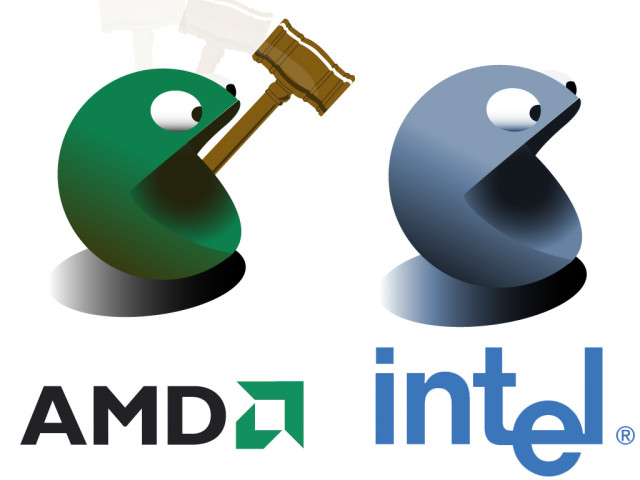Microsoft is a US-based company, but does that mean they're obligated to hand over data to the United Stated government, regardless of where it's located or who it belongs to? The company says no, and in court papers released on Monday, they argued that the government was significantly overstepping their bounds in issuing a warrant which required Microsoft to do so.

Microsoft building in Dublin, Ireland
The released papers detail objections raised by Microsoft lawyers to a ruling issued by a New York district court, which ordered the company to hand over customer emails which are stored in a datacenter overseas. The government says that by withholding sensitive information, Microsoft is impeding serious criminal investigations -- like the one the warrant was issued for, which is related to an ongoing narcotics case. But Microsoft fires back, saying that the warrant not only violates Microsoft's freedom of action, it nullifies international law.
The Government cannot seek and a court cannot issue a warrant allowing federal agents to break down the doors of Microsoft's Dublin facility. Likewise, the Government cannot conscript Microsoft to do what it has no authority itself to do -- i.e., execute a warranted search abroad.
Microsoft goes on to explain that they believe the warrant is in violation of the Constitution of the United States.
This interpretation not only blatantly rewrites the statute, it reads out of the Fourth Amendment the bedrock requirement that the government must specify the place to be searched with particularity, effectively amending the Constitution for searches of communications held digitally.
The case is still ongoing, and already Microsoft has seen several statements of support, including one from Verizon. While Microsoft's filing is based on precedent case law, the government's is based on a distinct interpretation of the statute they cited when issuing the warrant. The government's respose is expected some time in July, and it is not clear whether Microsoft's argument will make headway in court.
Source: CNET | Image via Wikimedia
















13 Comments - Add comment